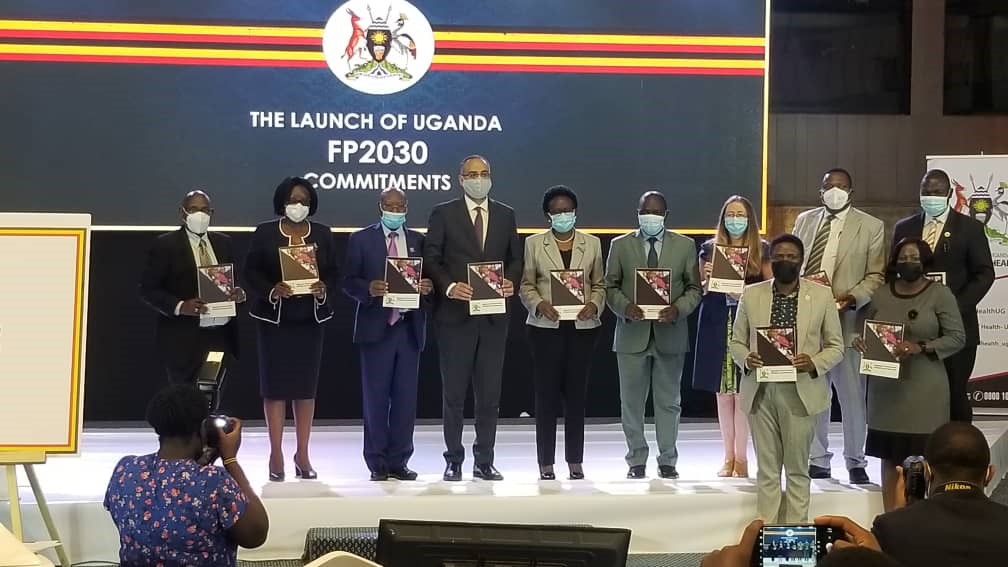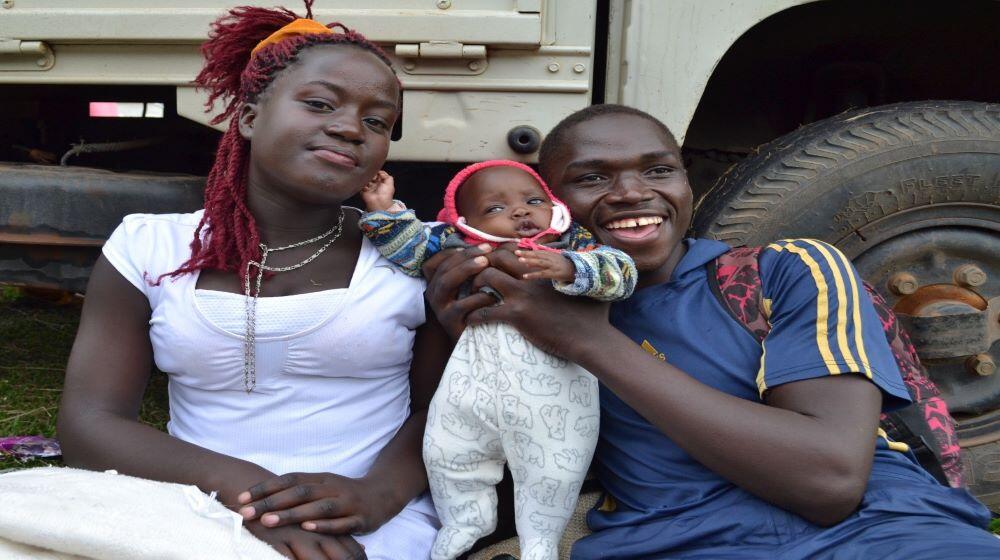The Government of Uganda has agreed to annually ring-fence 50 percent of domestic resources allocated for procurement, warehousing and distribution of the reproductive health (RH) commodities budget to Family Planning commodities by 2025. This follows the commitments made by Uganda during the launch of Family Planning (FP2030), the new global partnership for family planning in November 2021.
In a communication to the General Manager of the National Medical Stores, Dr. Diana Atwine Permanent Secretary, Ministry of Health requested for the apportioning of 25 percent of the funds (UGX 22 billion) allocated to Reproductive Health Commodities to the procurement of different types Family Planning commodities.
“This was committed in the spirit of ensuring sustainable family planning commodities security,” the Permanent Secretary said. Based on the FP 2030 commitments, the allocated budgets will be used for the procurement of the following family planning commodities; Implanon, Injectables (Depo Provera), Injectables (Sayana Press), Misoprostol and Mama Kits.
Among the commitments made by Uganda launch of the FP2030 are: Increase equitable access and voluntary use of modern contraceptive methods for all women and couples; increase funding for adolescent sexual and reproductive health programs; ensure contraceptive commodity security; strengthen the policy and enabling environment for family planning; strengthening Family Planning data use at all levels; and addressing family planning myths and misconceptions through evidence based SBCC and advocacy.

“This is significant gain for the various partners including UNFPA that has been consistently engaged in the advocacy efforts. It is also a positive step as we move to implement the UNFPA Supplies Partnership and the Compact,” said UNFPA Uganda Representative, Dr Mary Otieno.
“This commitment is also a boost towards ensuring we achieve UNFPA’s three transformative results of zero maternal deaths, zero unmet need for family planning and zero gender based violence and other harmful practices,” Dr Otieno said.
The first FP2020 partnership was first launched at the 2012 London Summit on family planning where The UK Government and the Bill & Melinda Gates Foundation, in partnership with UNFPA, national governments, development partners, civil society, private sector, and other stakeholders from across the world came together to support the rights of women and girls to decide, freely and for themselves, whether, when and how many children they should have. The Summit called for unprecedented global political commitments and resources that will enable an additional 120 million women and girls to use contraceptives by 2020.


